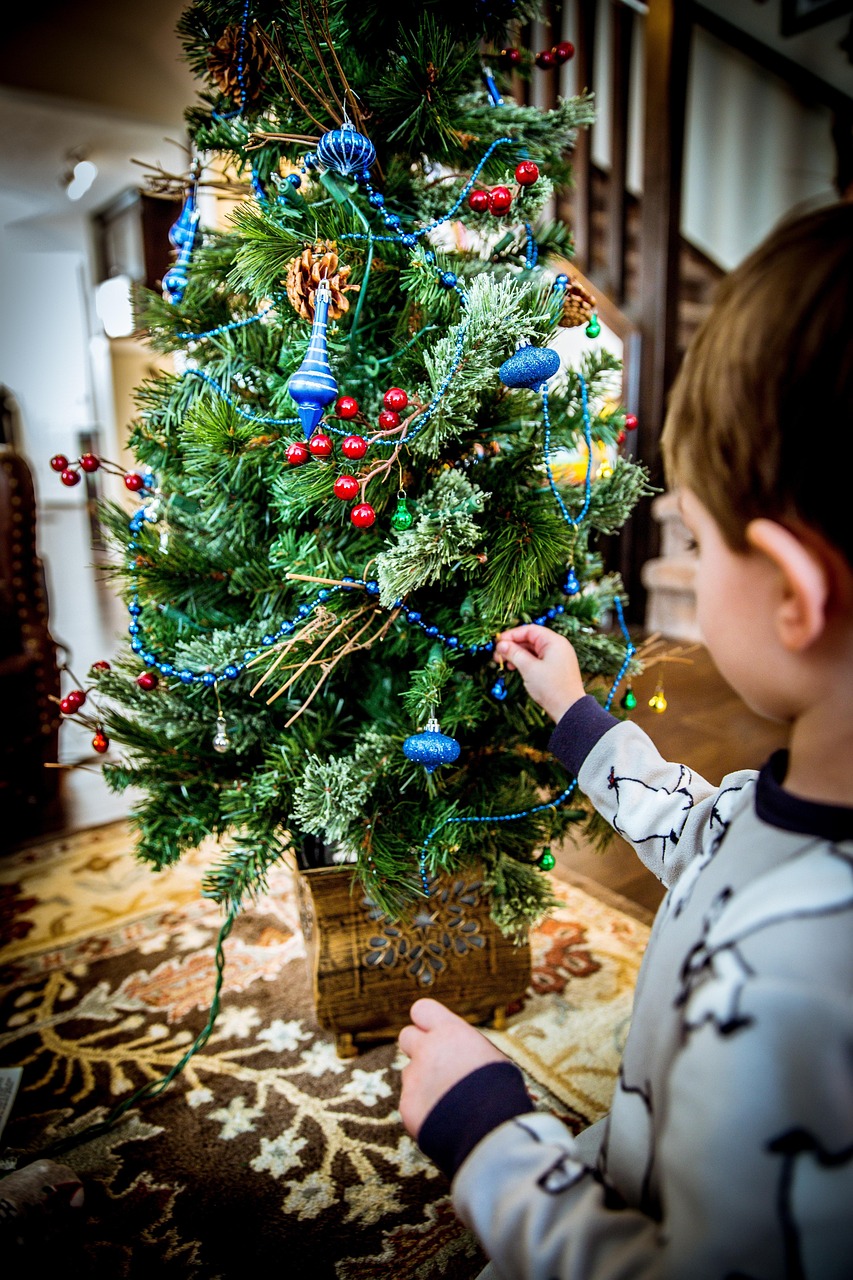By Shelley Bradley-Scholey
Accredited Trauma Therapist | Author | Speaker
Helping children manage their emotions is no easy task. As a parent, I know this all too well. This quick guide will enable you to help children manage their emotions and behaviours through the festive season, which can be both enjoyable and tricky in equal measures.
Why Emotions are Important
Emotions play a pivotal role in shaping a child’s worldview and resilience. This is the case for all our children and even more so for those who haven’t had a straightforward life. For children who may have experienced abuse, neglect, loss, grief, or significant stress and changes, things can become even more complex.
Validating them and being sensitive to their emotions helps us to understand and support our children and fosters an environment of psychological safety. As Christmas approaches, it’s crucial to recognise that not every child embraces the festivities with the same sense of expected joy.
So, let’s explore the various aspects of supporting children with this.
Managing Our Expectations
The first step is acknowledging the need to adjust our expectations. The idyllic picture of a perfect festive season may not be a reality for every child. Flexibility is key, understanding that some children may find it challenging to engage in traditional festivities, and some may not be able to live up to societal expectations of a Hallmark Christmas.
The Cost of Christmas
The festive season can accentuate socioeconomic disparities, leading to feelings of inadequacy for children in poverty, and if a child has experienced this in their past, Christmas can be very triggering.
It can be helpful to approach gift-giving with sensitivity, focusing on meaningful experiences as well as material possessions can help alleviate pressure. Emphasising the importance of love and connection over material abundance is an important factor, as it can be difficult for children to adjust when things are different (even if on the surface that difference is an improvement on previous difficult circumstances).
Difficult Feelings are Normal
While the desire for a positive Christmas experience is natural, it’s important to understand that developing emotional regulation is a process and moments of sadness or frustration, tiredness, overwhelm, and irritability are normal for children.
We should try to focus less on the need to eliminate negative emotions and more on creating a safe space for expression and processing. Creating a supportive environment where children feel heard and understood fosters emotional well-being and gives them the tools they need to learn to tolerate and manage all of their emotions, even the difficult ones.
We can support children by teaching emotional regulation, which helps them to learn the tools and strategies to deal with overwhelming emotions. Things like simple breathing exercises or mindfulness techniques can help emotional well-being. Helping children recognise their emotions, label and express them appropriately is an important life skill that we need to impart on our children.
Psychological Safety Matters
The festive season, with its crowded gatherings, alcohol, and unexpected visitors, may trigger a heightened stress response in children. Understanding and respecting a child’s need for a sense of control and safety during such times can be really helpful for them.
For example, they might need space and quiet time; they might want to be close to their caregivers to feel regulated and secure. Look out for early signs of overwhelm in children and offer support; this might involve providing a quiet retreat during busy gatherings or allowing them to opt out of certain activities.
Large gatherings and expectations of physical affection from extended family, friends or even strangers can be overwhelming for children. It can be helpful to communicate openly with relatives and friends about respecting a child’s boundaries. Encouraging alternative ways of expressing love and connection that feel comfortable for the child can help navigate these situations.
Children may feel pressured to conform to societal expectations during the festive season, pretending to enjoy activities or gifts they don’t like. Creating an environment in the home where honesty is valued can enable children to feel safe expressing their true feelings.
How to help children navigate the festive season: Santa Claus
The tradition of Santa Claus, while magical for many, can be unsettling for some children. We spend most of our time warning them to be careful and teaching them about safety, and children who have experienced trauma will have a heightened sensitivity to threat.
It’s therefore counterintuitive for them to be told that there is a bearded old guy coming into the home at night when they are asleep! Being mindful of the potential discomfort this may cause and offering reassurance about the safety of the environment is important.
Plan for Less
For me, the key to a happy, relaxed and enjoyable festive season is recognising and preparing for challenges and reducing the demands of both our children and ourselves. Where possible, build in time to recuperate, rest and get away from the hustle and bustle.
Remember that children don’t have the same level of capacity to cope with difficult emotions, calm themselves when under stress, or contain their excitement to a socially acceptable level. They will inevitably need our help and support to do so. Plan to do half of what you would without children, then reduce it some more!

Shelley is the founder of Fortitude Psychological Therapy, an independent therapy practice. Offering therapy, supervision and teaching for people who want to learn how to navigate the complexity of trauma. Taking an easy-to-understand and compassionate approach, Shelley makes complicated concepts simple. Head to her website to find out more about her work and access some free resources.
Head to the parenting section to read Shelley’s article about relational trauma.



